Our Festival of Learning event (27th June), in partnership with colleagues from Bournemouth Borough Council, will consider this question and explore a vision for developing green talent, sustainable business, and a sustainable city – a virtuous circle!
We shall showcase the leadership role of BU, in relation to sustainable development (education, research, community) and particularly our work to achieve EcoCampus Platinum. We shall also feature the MSc Green Economy – a course which is producing exceptional post-grads who are engaging with amazing projects.
Chris Shephard, Head of Economic Development & Sustainability at Bournemouth Borough Council will provide an update on activities, including the Compact of Mayors, the Earth Charter and work to take sustainability forward. We are already doing a lot locally (the Sustainable Food Partnership and Sustainable Fish City, for example) but are we doing enough of the right things? How do we capture and promote endeavours?
Dr Simon Cripps will talk about natural capital in the context of development planning, both of infrastructure and building, but also of development and growth projects.
Edmund Taylor, Environmental Barrister and Chair of the Sustainable Business Leadership Group (SBLG) will introduce the thinking that led to the formation of the group (we owe thanks to Lee Green), and suggest ways that others might engage. Synergies arise when business leaders work together to share practice and innovation; the group has already catalysed networking and learning.
Following formal presentations, breakout sessions will consider how we build capacity, develop leadership for sustainable development and make a step-change in valuing and contributing to natural capital. Could we, for example report on natural capital in our Annual Reports? A valuable outcome from the event would be to have a clearer understanding of how we develop a greener economy and work towards branding ourselves as a Sustainable City – gaining the award ‘Green Capital of Europe’ at some point in the future, would be something to be proud of!
Places are free.
To book a place please register at:
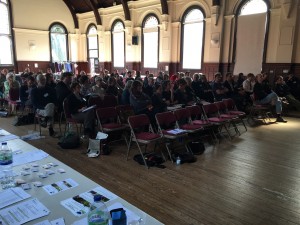
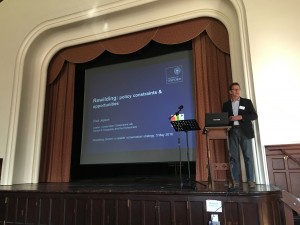
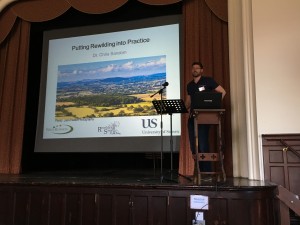
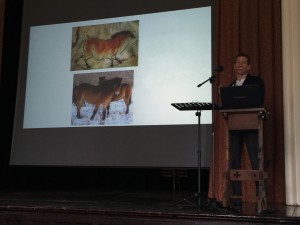
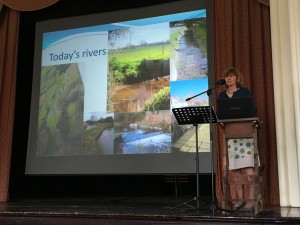
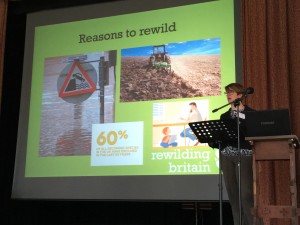
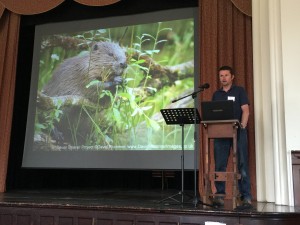
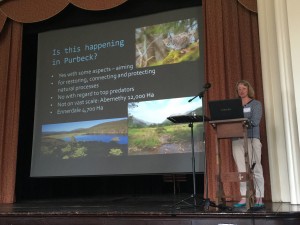
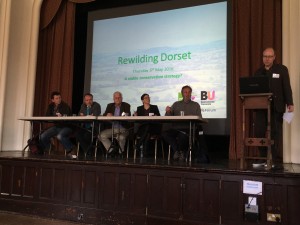
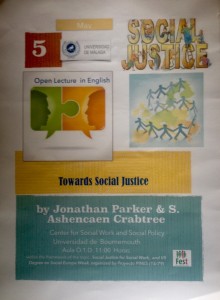
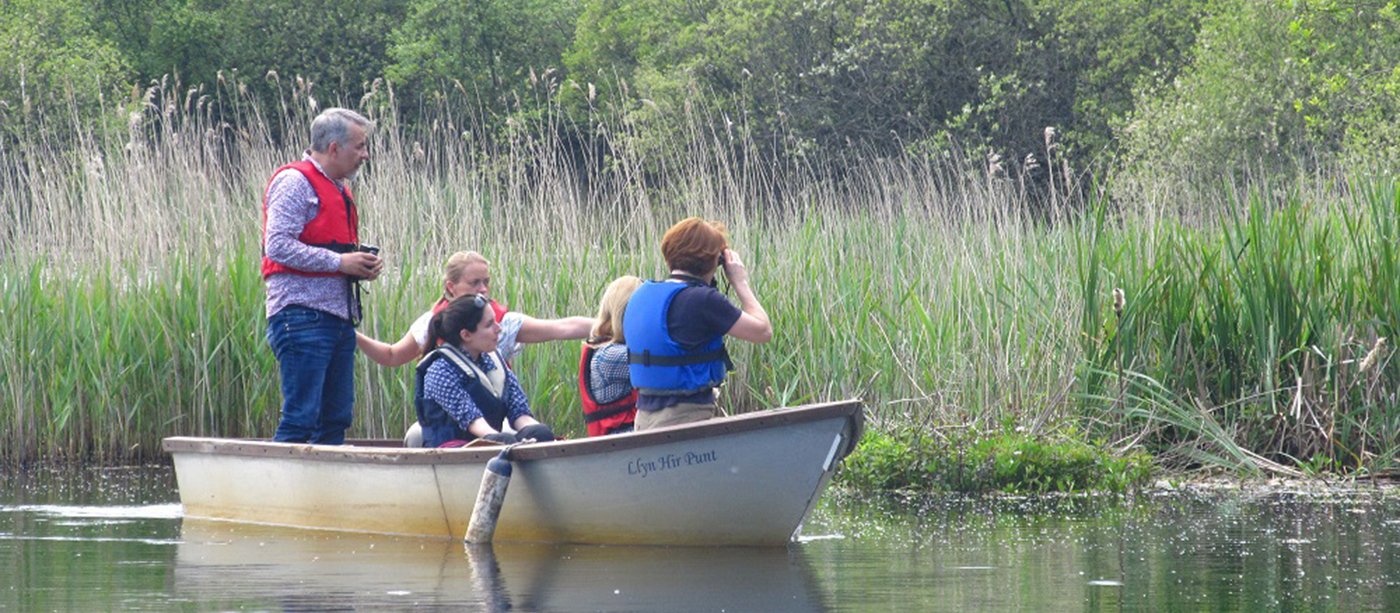
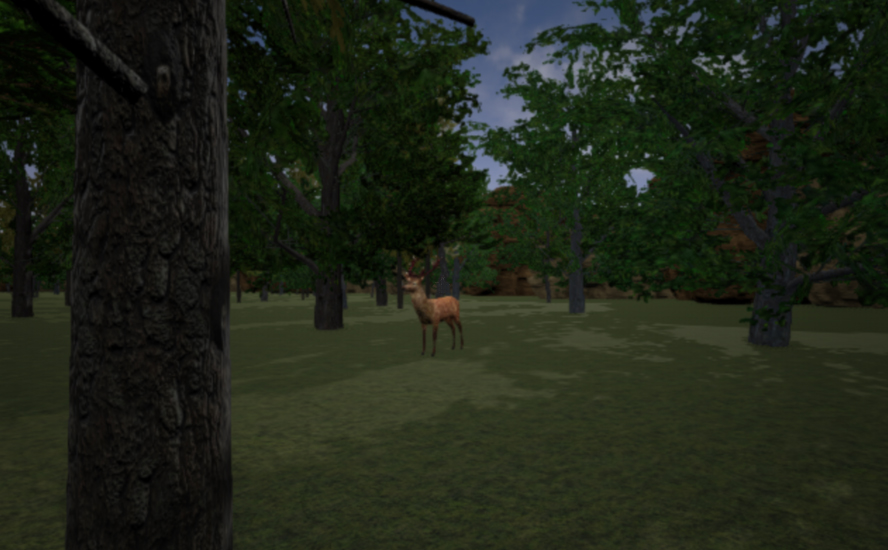

 Since his arrival in the Faculty of Health & Social Sciences last year postdoctoral researcher Dr. Pramod Regmi has been busy getting his publications out. Yesterday saw the latest of his articles appear in print, this time in the latest issue of the Nepal Journal of Epidemiology. The editorial, co-authored with Dr. Om Kurmi (University of Oxford) and Dr. Puspa R. Pant at the University of the West of England, addresses the growing problem air pollution in low-income countries such as Nepal. The paper is called: ‘
Since his arrival in the Faculty of Health & Social Sciences last year postdoctoral researcher Dr. Pramod Regmi has been busy getting his publications out. Yesterday saw the latest of his articles appear in print, this time in the latest issue of the Nepal Journal of Epidemiology. The editorial, co-authored with Dr. Om Kurmi (University of Oxford) and Dr. Puspa R. Pant at the University of the West of England, addresses the growing problem air pollution in low-income countries such as Nepal. The paper is called: ‘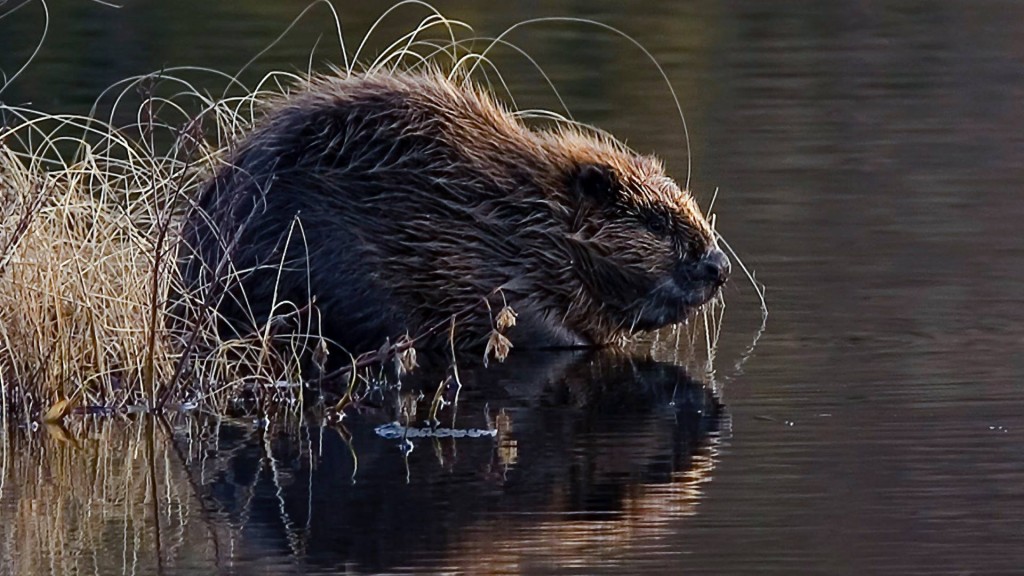
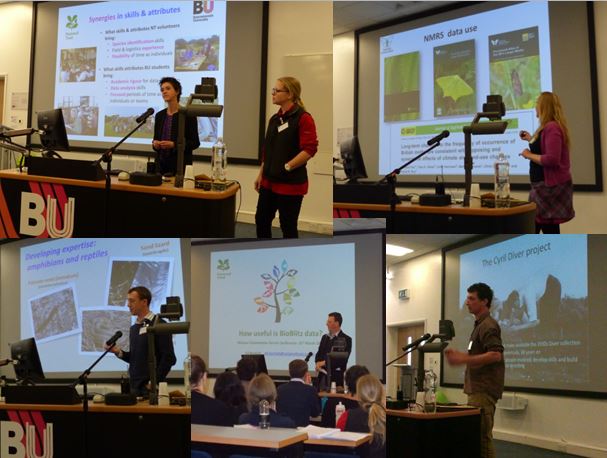
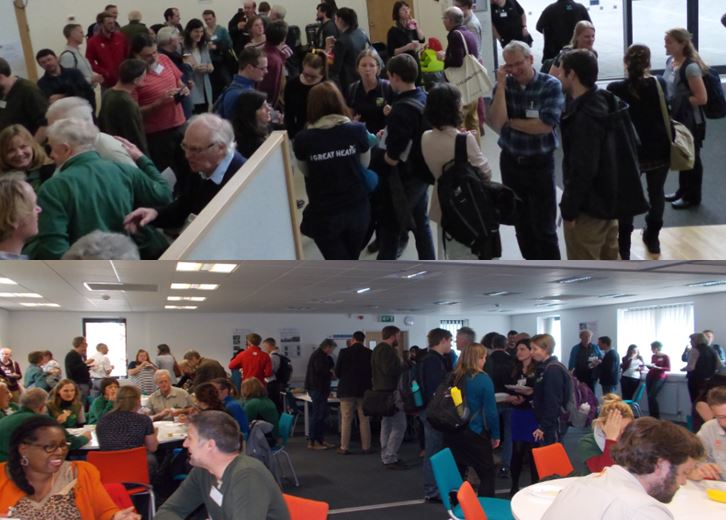
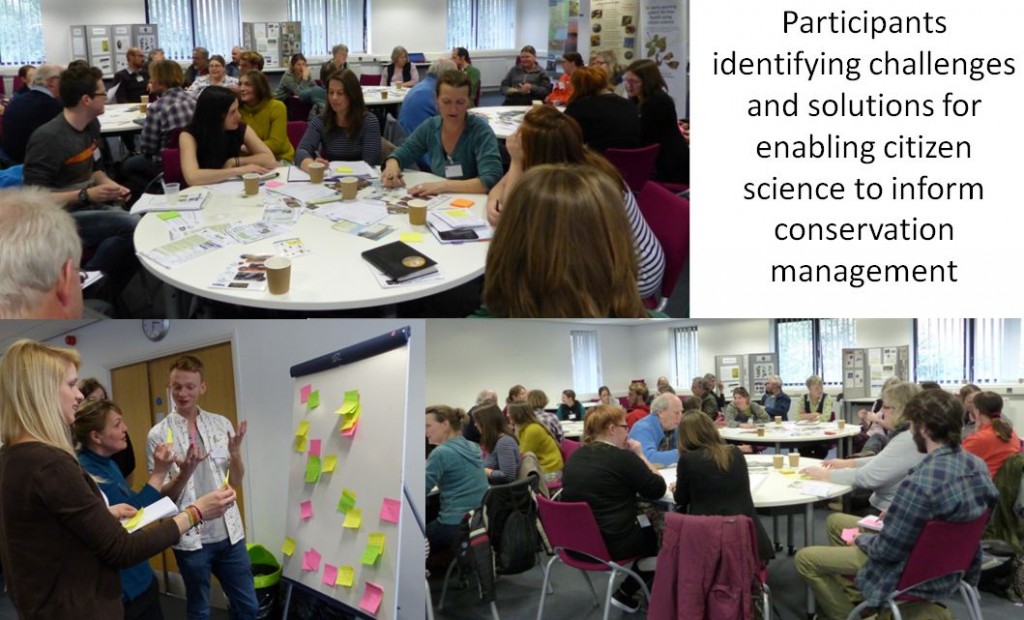
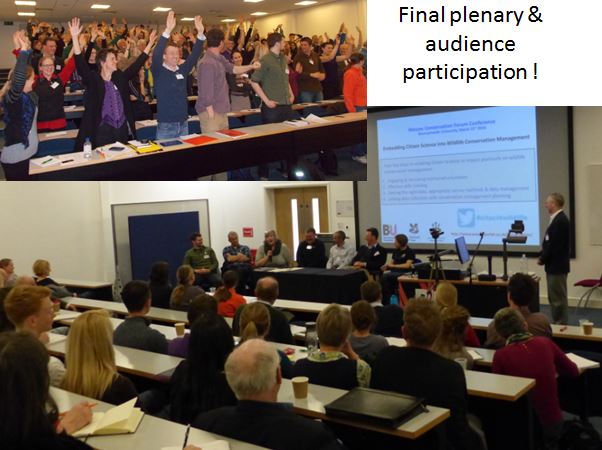
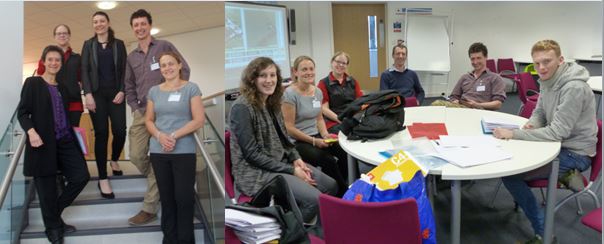


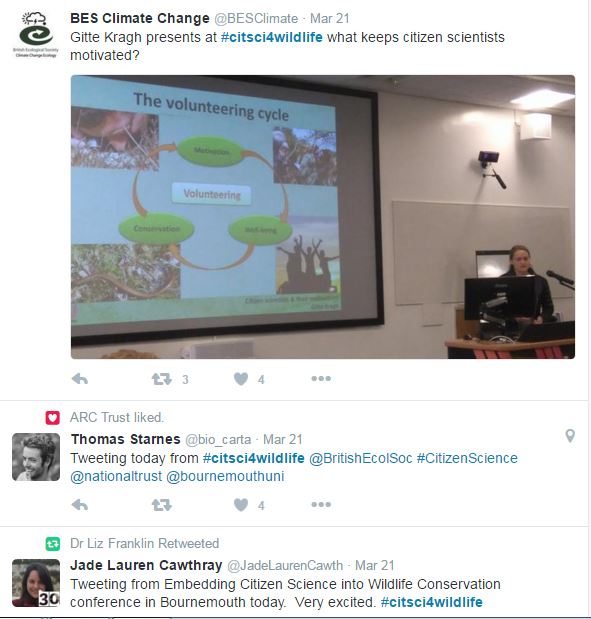
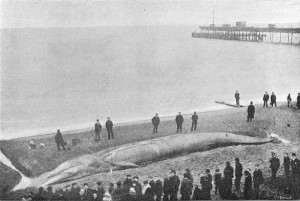











 April’s Café Scientifique – Should we help machines understand and respond to our emotions?
April’s Café Scientifique – Should we help machines understand and respond to our emotions? Postgraduate Research Experience Survey (PRES) 2024 – 2 WEEKS LEFT
Postgraduate Research Experience Survey (PRES) 2024 – 2 WEEKS LEFT Working with The Conversation: online training session – Wednesday 8th May
Working with The Conversation: online training session – Wednesday 8th May Apply for up to £1,000 to deliver an event and take part in a national festival of public engagement with research
Apply for up to £1,000 to deliver an event and take part in a national festival of public engagement with research MSCA Postdoctoral Fellowships 2024
MSCA Postdoctoral Fellowships 2024 Horizon Europe News – December 2023
Horizon Europe News – December 2023